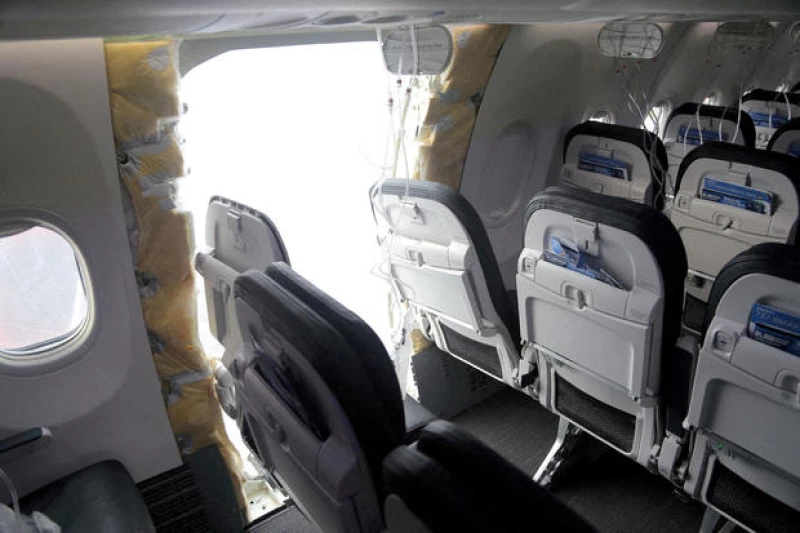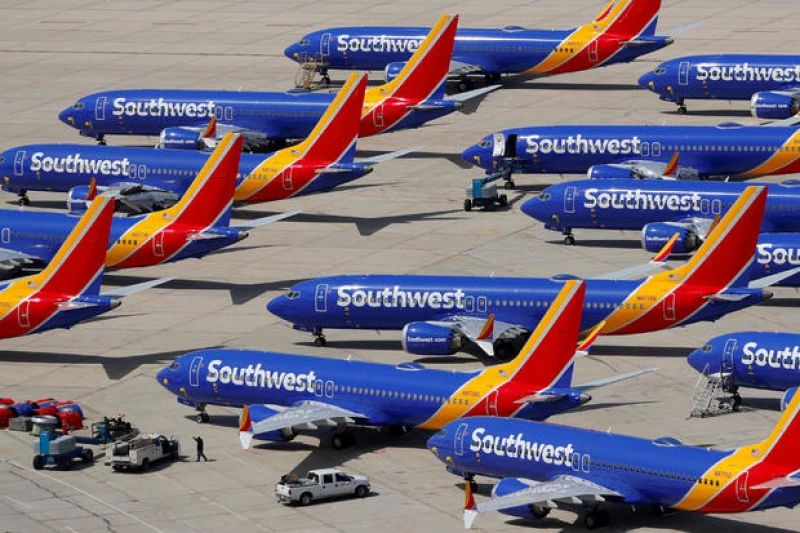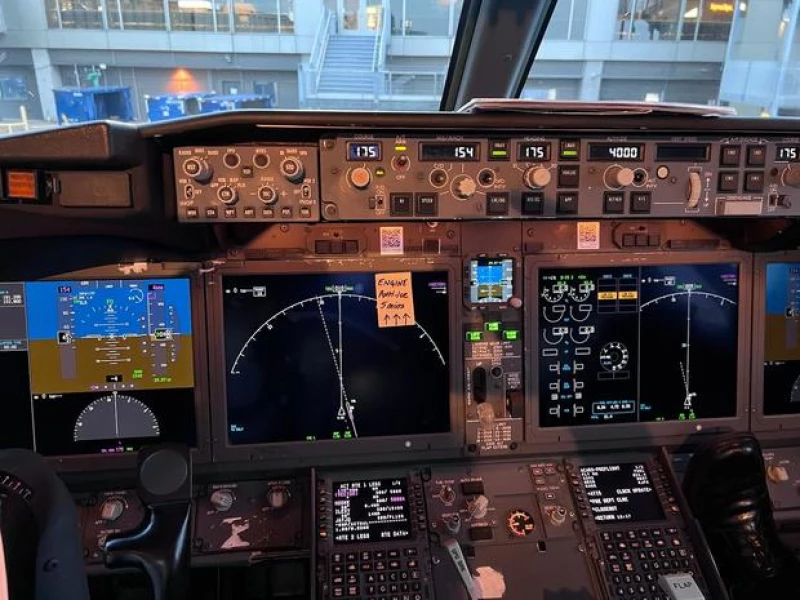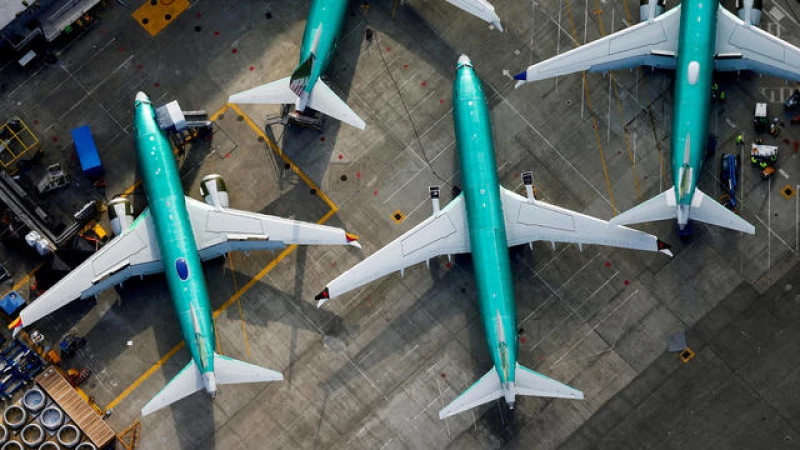Boeing informed lawmakers that the solution to an engine problem affecting all 737 Max jets will take around a year to implement, leading to a delay in certifying the 737 Max 7 and Max 10 aircraft.
Responding in writing to queries from Sen. Tammy Duckworth, who heads the Senate Subcommittee on Aviation Safety, Boeing revealed that it has formed a team of technical specialists to expedite the development of a safe and effective remedy for an issue that could potentially cause the 737 Max engine anti-ice system to overheat and harm the engine.
Previously, Boeing had indicated that they were targeting a fix to be available within nine to twelve months.
"Boeing Commits to Fix Safety Defect on 737 MAX Aircraft"
In a recent statement, Senator Duckworth expressed relief over Boeing's decision to address a known safety defect on its 737 MAX 10 aircraft before proceeding with certification. Duckworth also acknowledged Boeing's commitment to prioritize fixing the safety issue in all MAX aircraft within the next year, deviating from the original 2026 timeline.
Boeing had received a waiver from the FAA to continue operating certified 737 Max 8 and 9 variants until the safety issue was resolved by 2026. However, after a door panel incident on an Alaska Airlines flight involving the Max 7, Duckworth urged the FAA to deny Boeing's request for a similar waiver for the Max 7, leading Boeing to withdraw the request and halt certification efforts for both Max 7 and Max 10 models.
Boeing explained to Duckworth that rectifying the anti-ice issue is a complex process, involving potential impacts on engine performance due to adjustments in the engine inlet. The company emphasized the need for a comprehensive understanding of safety implications across all systems during the solution selection process.
Furthermore, United Airlines CEO Scott Kirby announced that the airline has instructed Boeing to focus on producing 737 Max 9 planes instead of the Max 10 models they have on order.
"Certification Delays Continue to Impact Airlines"
In a recent statement at a J.P. Morgan investor conference, aviation executive Kirby expressed uncertainty about the timeline for the certification of the Max 10 aircraft. "I think it's impossible to say when the Max 10 is going to get certified," Kirby stated. "If and when the Max 10 gets certified, we'll convert them back to Max 10s but Max 10 is out for us until it's certified."
Additionally, Kirby mentioned that United Airlines is considering placing an order for Airbus A321neo planes. However, any potential A321 order could result in the cancellation of orders with Boeing. "If we get a deal … to work, then we'll do something, and if we don't, then we won't, and we'll wind up having more Max 9s," Kirby explained.
Meanwhile, Southwest Airlines is also feeling the effects of certification delays, particularly with the 737 Max 7. Due to these delays, the airline announced adjustments to its 2024 capacity plans and a reevaluation of its earnings expectations for the year. Southwest, known for its all-737 fleet, has numerous Max 7s on order but will receive fewer deliveries this year than initially anticipated.

The Federal Aviation Administration (FAA) has given the green light to Boeing's plan to address an issue on the current fleet of Max aircraft while Boeing works on a permanent solution to be ready by May 2026. Airlines have been advised by the FAA to instruct their pilots to limit the use of the anti-ice system to under five minutes until Boeing's fix is implemented.
Although the problem has not manifested during flights, Boeing has identified the potential for it to occur under specific weather conditions, with a worst-case scenario involving components detaching.
Captain Dennis Tajer, a spokesperson for the Allied Pilots Association, shared a photo of a Post-it note he uses as a reminder of the temporary operational procedures for the anti-icing system when flying a 737 Max.

The 737 Max family includes the smallest variant, the Max 7, and the largest, the Max 10. Boeing currently has a backlog of over 4,000 737 Max jets.
Boeing's 737 Max series has faced a series of tragedies, controversies, and near misses since its introduction.
Following two fatal crashes involving the 737 Max 8 model in 2018 and 2019, which claimed the lives of 346 individuals, the entire fleet was grounded. Investigations revealed that these crashes were caused by erroneous sensor readings triggering an automated system to push the aircrafts' noses downward.
After the second crash, all Max aircraft were grounded for an extended period. Additionally, all Max 9 planes in the United States were temporarily grounded once again after an incident involving a door panel in January.








